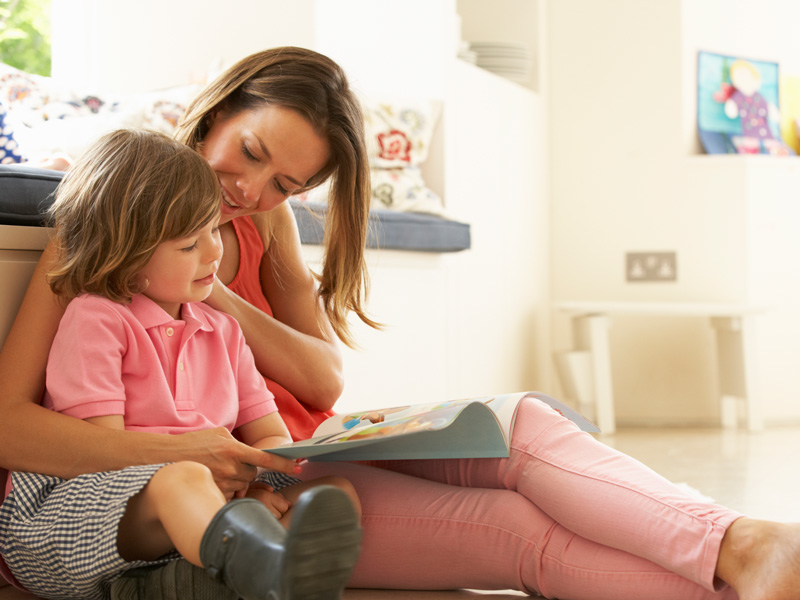Building Phonological Awareness Skills
Phonological awareness is the first building block in learning to read.
Children must gradually become aware of not just what words mean but of their component sounds.
Phonological awareness includes the awareness of how words can be broken down into smaller parts; into syllables and individual sounds.
The Education Department has made some helpful short videos to further define this concept if you are interested in learning more about Phonological Awareness
Why do we need to focus upon Phonological Awareness?
Well, it’s simple!
The level of a child’s phonological awareness skills in the first years of schooling is a strong predictor of later reading and spelling success.
Luckily, there is plenty we can do to build these skills in both the preschool and early school years:
- Expose your preschooler to songs that include lots of rhyme, alliteration and fun rhythms. Talk about how the words sound? Are they long words with lots of moving parts or syllables? Do lots of words start with lip popping /p/ and /b/ sounds or do the words rhyme?
- Have some fun in front of the mirror exploring your ‘noise makers’ and how these move when you say different sounds together e.g. lips for p b m and w sounds, tongue tapping for t d and jumping at the back of the mouth for k and g, teeth together and lips protruding forward for sh
- Clap or tap out the syllables (beats) in long words; town names, vegetables, animals and the names of family and friends are great places to start.
- Some sounds are noisy (with our voice box turned on) like d b z v. Have fun feeling your throat rumble with vibrations when you say these sounds
- Other sounds are nosy like m and n. Feel the tickle in your nose as you say these sounds together
- Other sounds don’t require the use of voice box at all and are quiet sounds. We can feel air being puffed out onto our hand for the voiceless s f sh t and p sounds
Have fun ‘getting ready’ to say some words with your child.
See if you can detect the sound (not the letter) at the beginning of the word.
Focus on feeling, seeing and hearing the sound at the beginning of words.
HINT: Starting with words that have ‘long’ sounds at the beginning will be a little easier to start with if your child is finding this concept tricky. Try words like these: shoe, Sam, sand, mine, zoo, four, farm, face and knee.
If your child shows an interest in learning more,
remember that our freely available Ready Readers Programme is available for you now!
This 8 week programme is full of extra fun, play-based activities to ensure that your child builds much needed phonological awareness skills for Kindergarten in readiness for early literacy development.
Enjoy nurturing an interest and early fascination in how words sound with your child and you will be setting them on the path for reading and spelling success! […]


